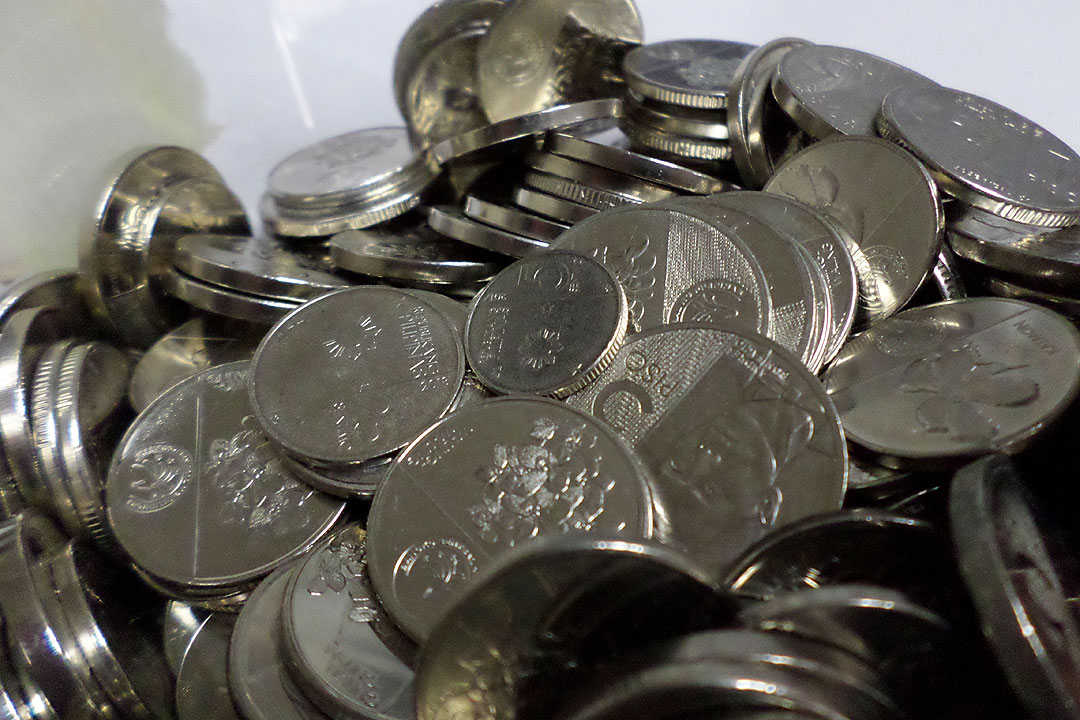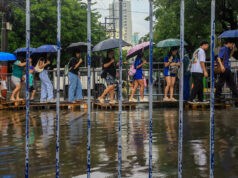TDF yields drop as central bank pledges to stay accommodative

YIELDS on term deposits declined on Wednesday after the Bangko Sentral ng Pilipinas (BSP) vowed to keep interest rates at record lows to support the economy’s recovery.
Demand for the term deposit facility (TDF) of the BSP amounted to P735.269 billion on Wednesday, going beyond the P470-billion offer as well as the P732.233 billion in bids seen a week earlier.
Broken down, bids for the seven-day term deposits reached P299.46 billion, surpassing the P200 billion auctioned off by the BSP and the P280.344 billion in tenders recorded last week.
Accepted rates for the tenor were from 1.6875% to 1.74%, inching down from the 1.72% to 1.75% margin seen the previous week. With this, the average rate of the one-week papers dropped by 1.39 basis points (bps) to 1.7232% from the 1.7371% quoted in the prior auction.
Meanwhile, the 14-day papers fetched bids amounting to P435.809 billion, higher than the P270-billion offering but failing to beat the P451.889 seen on Jan. 5.
Lenders asked for yields ranging from 1.69% to 1.7693%, lower than the 1.75% to 1.7973% band seen a week ago. This caused the average rate of the two-week deposit to decline by 2.73 bps to 1.7487% from 1.776% quoted previously.
The BSP has not auctioned 28-day term deposits for more than a year to give way to its weekly offerings of securities with the same tenor.
The TDF and the short-term securities are tools used by the central bank to gather excess liquidity in the financial system and to better guide market rates.
“The TDF auction results continue to support the view of normalization in liquidity conditions amid ample supply in the financial system,” BSP Deputy Governor Francisco G. Dakila, Jr. said in a statement.
TDF yields declined as the central bank signaled it will remain accommodative, at least until the first half of this year, Rizal Commercial Banking Corp. Chief Economist Michael L. Ricafort said in a Viber message.
BSP Governor Benjamin E. Diokno earlier said the central bank is unlikely to start raising interest rates in the first semester of 2022 as it still needs to assure that economic recovery is entrenched and unemployment is declining.
After the performance in the first two quarters of the year, that’s when we seriously look at whether we will make some adjustments,” Mr. Diokno said in a Bloomberg interview on Tuesday.
Mr. Diokno said they would want to see four to six quarters of steady economic growth and unemployment around 5% first prior to considering a rate hike.
Despite beyond-target inflation, which was attributed to supply issues, benchmark rates were untouched in 2021 as the BSP focused on supporting economic recovery.
The economy grew by 7.1% in the third quarter of 2021, bringing the nine-month average to 4.9%. In 2020, gross domestic product contracted by a record 9.6%, which was the worst in Southeast Asia.
Mr. Ricafort added that TDF yields declined as the country continued to see a rapid increase in coronavirus disease 2019 (COVID-19) infections.
COVID-19 cases rose by 32,246 on Wednesday to 208,164, based on data from the Department of Health. Health Secretary Francisco T. Duque III earlier this week said the country is now at critical risk for virus transmission, with the more transmissible Omicron already the dominant variant in the Philippines. — Luz Wendy T. Noble with Bloomberg



